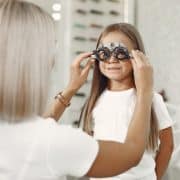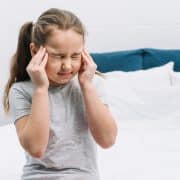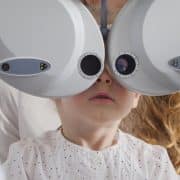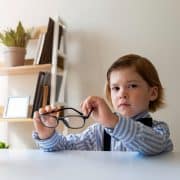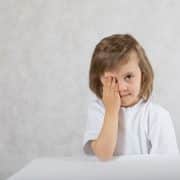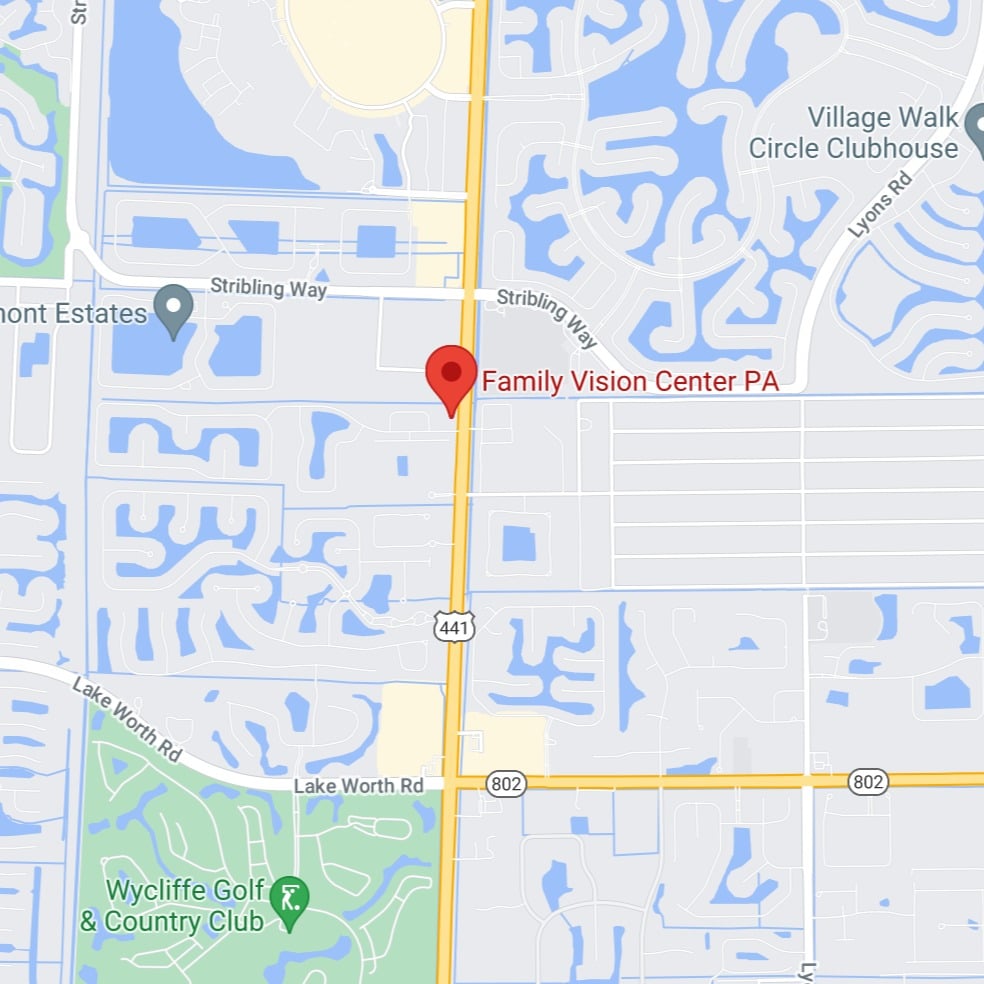Signs Your Child May Need Pediatric Glasses
Seeing clearly is vital in everyone’s life, but it is essential as it shapes your child’s future. Poor eyesight can impact how your children learn, play, grow, and overall well-being. Not being able to participate with their friends and peers in important developmental activities could have an impact later on in their adult years.
The talented team at Family Vision Center PA of Wellington, FL, is proud to serve the local community with well-crafted eyewear and optometrist services, positively impacting your child’s future.
What are Pediatric Glasses?
Pediatric glasses are specially designed for children. They have durable frames and materials that can withstand the bumps and tumbles of an active lifestyle.
Is your child picky? No problem! They come in various fun and colorful options to appeal to children and encourage them to wear their glasses comfortably and confidently.
Signs Your Child May Need Vision Support
While some vision problems may be easy to spot, some are not so obvious. Here are three key signs to watch for that might indicate your child needs pediatric glasses:
- Squinting or Closing One Eye: If your child frequently squints to see objects at any distance, this could be a sign of nearsightedness, farsightedness, or astigmatism. Closing one eye to see better might also indicate vision problems.
- Difficulty Seeing Near or Far Objects: Pay attention to how your child interacts with their surroundings. Do they struggle to see objects on the board at school, hold books very close to their face while reading, or have trouble spotting objects at a distance, like signs or toys? These behaviors could signal vision difficulties.
- Frequent Headaches or Eye Strain: Does your child complain of headaches, especially after reading or screen time? Excessive eye rubbing or fatigue might also be signs of eyestrain caused by uncorrected vision problems.
Your Trusted Local Optometrist
It is important to detect your child’s needs early on. The quicker they are noticed, the easier and faster they are to correct. If you can’t remember the last time your child received an eye exam, it may be time to schedule a visit for a check-up.
During your next appointment with the professional team at the Family Vision Center PA of Wellington, FL, you can rest assured that you and your family receive the best care and guidance you deserve.




